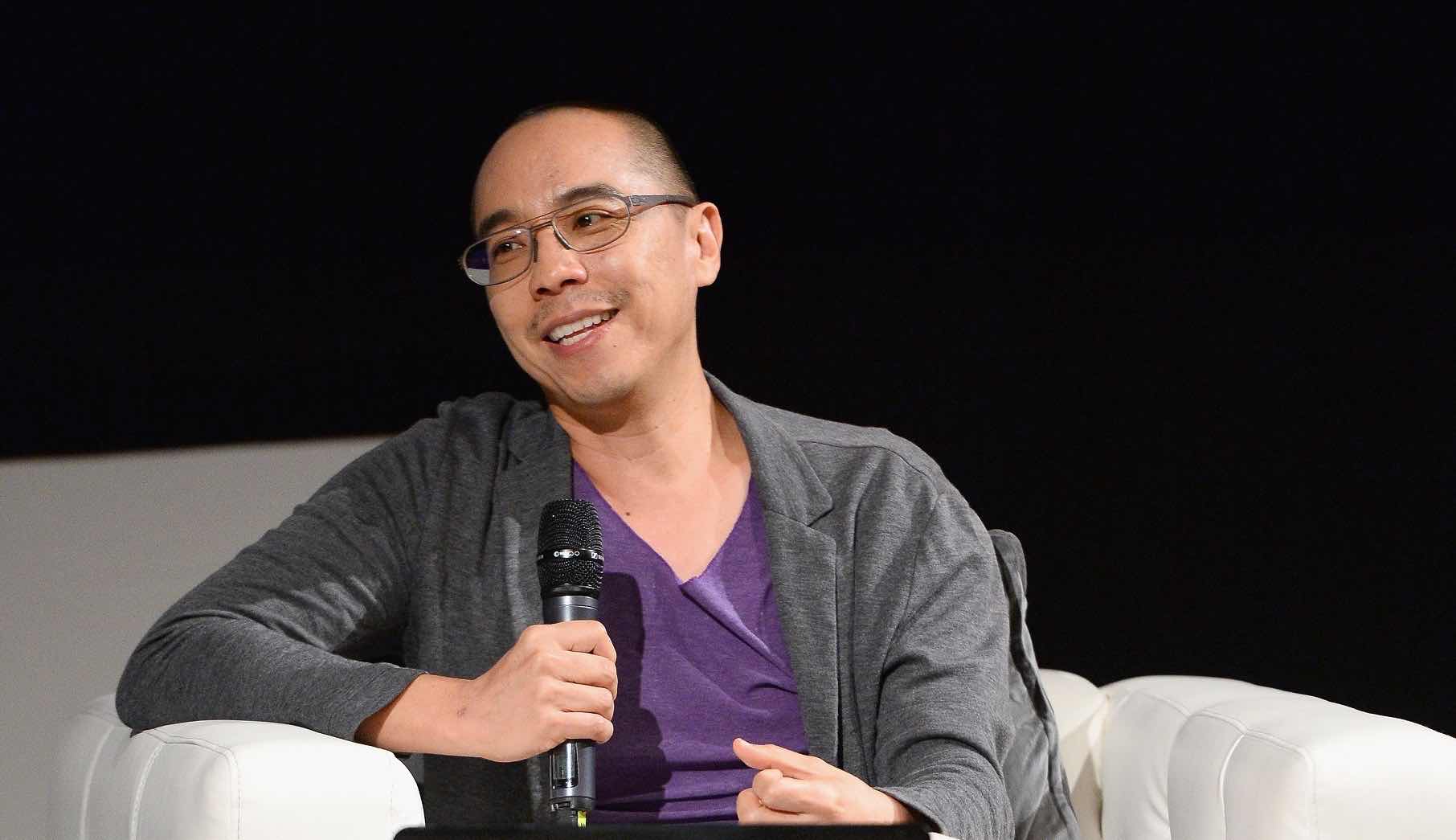With movie theaters across the globe closed, many of us are missing the theatrical moviegoing experience. Not all of us express our emotions through heartfelt essays, however, as Thai slow cinema luminary Apichatpong Weerasethakul shares his thoughts of how cinema may change after the pandemic ends.
Responding to a similar letter by filmmaker Jia Zhang-ke, Weerasethakul wrote an essay for FilmKrant where he imagines how our moviegoing habits will change and how this situation “will breed a group of people who have developed an ability to stay in the present moment longer than others,” Weerasethakul wrote. “They can stare at certain things for a long time. They thrive in total awareness. After we have defeated the virus, when the cinema industry has woken up from its stupor, this new group, as moviegoers, wouldn’t want to take the same old cinema journey. They have mastered the art of looking; at the neighbors, at the rooftops, at the computer screens. They have trained through countless video calls with friends, through group dinners captured in one continuous camera angle. They need a cinema that is closer to real life, in real time. They want the cinema of Now which possesses no fillers nor destination.”
Though AMC reportedly won’t open until blockbuster movies start playing again, there’s a scenario where audiences also rush to simply see whatever is playing at their local theater and open their horizons to new filmmakers. As Weerasethakul writes: “Then they will be introduced to the films of Béla Tarr, Tsai Ming-Liang, Lucrecia Martel, maybe Apichatpong and Pedro Costa, among others. For a period of time, these obscure filmmakers would become millionaires from a surge of ticket sales. They would acquire new sunglasses and troops of security guards. They would buy mansions and cars and cigarette factories and stop making films. But soon the audience would accuse this slow cinema of being too fast. Protest signs would appear, reading: ‘We demand zero plots, no camera movement, no cuts, no music, nothing.’
From there on, the essay keeps going back in time to re-imagine the origin of cinema in a post-quarantine world. Maybe audiences won’t storm in to see international let alone silent cinema, but it is true that the cinemagoing experience will change, and us with it.





